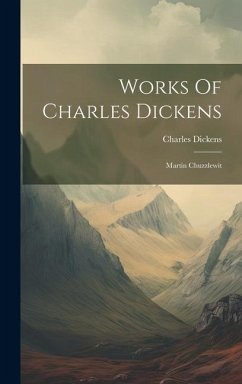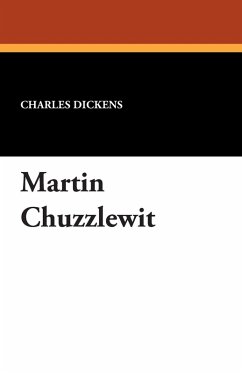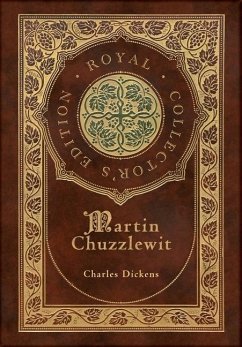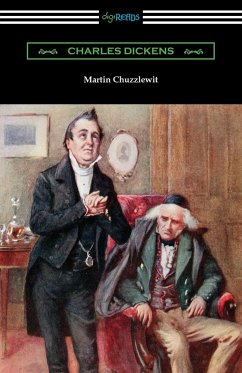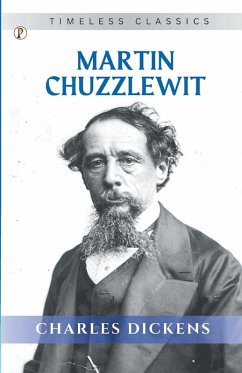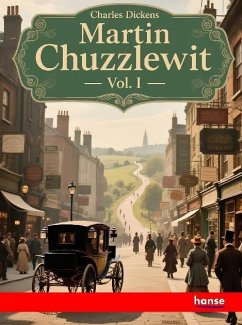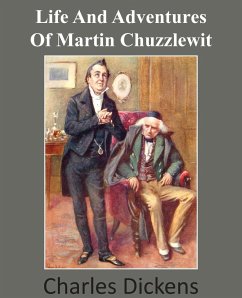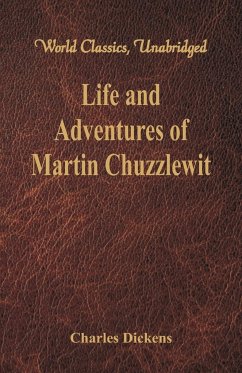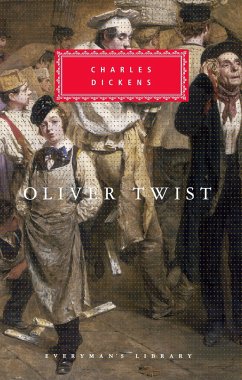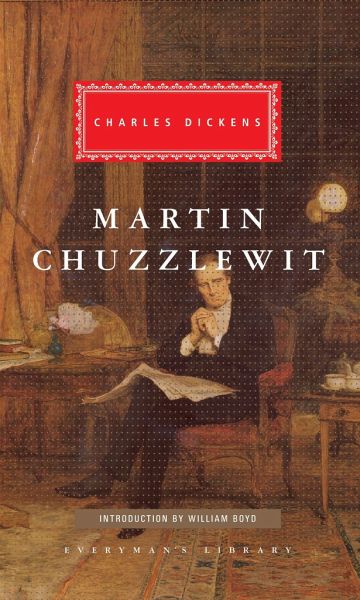
Martin Chuzzlewit
Introduction by William Boyd
Versandkostenfrei!
Versandfertig in über 4 Wochen
22,99 €
inkl. MwSt.

PAYBACK Punkte
11 °P sammeln!
At the center of Martin Chuzzlewit--the novel Angus Wilson called "one of the most sheerly exciting of all Dickens stories"--is Martin himself, very old, very rich, very much on his guard. What he suspects (with good reason) is that every one of Iris close and distant relations, now converging in droves on the country inn where they believe he is dying, will stop at nothing to become the inheritor of Iris great fortune. The distinctive combination of manic comedy, bitter satire and fierce melodrama separates this novel from its author's other works. Published in 1844 after Dickens returned fro...
At the center of Martin Chuzzlewit--the novel Angus Wilson called "one of the most sheerly exciting of all Dickens stories"--is Martin himself, very old, very rich, very much on his guard. What he suspects (with good reason) is that every one of Iris close and distant relations, now converging in droves on the country inn where they believe he is dying, will stop at nothing to become the inheritor of Iris great fortune. The distinctive combination of manic comedy, bitter satire and fierce melodrama separates this novel from its author's other works. Published in 1844 after Dickens returned from America, the action moves between Britain and United States in ways which highlight the failing of both societies.





